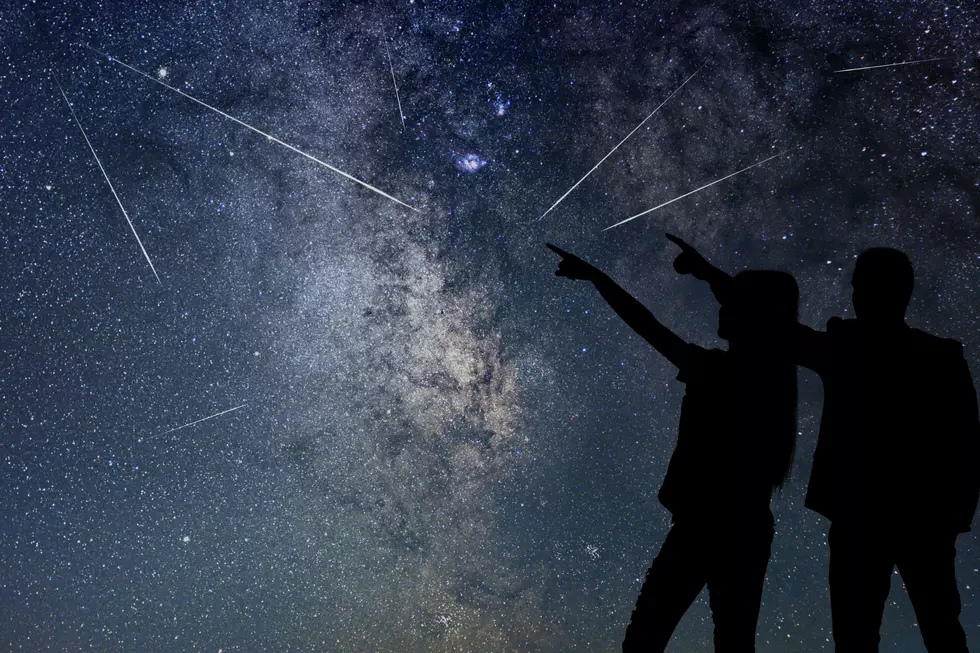
Southern Indiana Sky to Light Up with Shooting Stars This Week
Folks in Southern Indiana will be treated to quite the show this week when the skies will be lit up with shooting stars.
Meteor showers aren't uncommon. Many refer to these meteors as "shooting stars" which isn't entirely accurate since they aren't stars at all, but I get why they are known as such. In any event, you might want to start thinking of a lot of wishes because there's a good chance that you could see quite a few of these "shooting stars" this week.

Leonid Meteor Shower Peaking This Week
The Leonid meteor shower is active between November 3rd through December 2nd. This year, they will peak on November 18th and 19th, which is this week. The term "peak" here means that this is when they will be the most abundant in the night sky. According to Space.com:
<p>The Leonids are caused by the debris of ice and dust left behind by 55P/Tempel-Tuttle as it passes through the solar system and orbits the sun every 33 years. It will return again in 2031.</p><p>When Earth passes through the comet's debris, the "comet crumbs" heat up as they enter Earth's atmosphere and produce impressive "shooting stars" that streak across the sky.</p>
What To Expect with the Leonid Meteor Shower
This year has the potential to see more of these shooting stars per hour, with rates nearly 10 times higher than normal. According to Accuweather, onlookers could see anywhere from 50 to 200 meteors per hour if the calculations are correct. That's a lot of shooting stars and would make for a fun night of star gazing...if you bundle up.
Accuweather says that we here in Southern Indiana should have fair viewing conditions for the meteor shower this week. You will want to go outside to see them peak on November 19th from midnight through 12:30 CST. The website goes on to say:
Meteors associated with the Leonids are often bright, meaning that some shooting stars could be visible in areas closer to big cities, but for the best chance at seeing meteors, it is recommended to travel to a dark away from human-created light pollution.
So, bundle up, and get ready for one of the best celestial light shows of the year this week...oh and don't forget to send us some pictures too!
10 Indiana Laws You Don't Know You're Breaking
See 11 Unique Attractions You'll Only Find in Indiana
25 Most Common Last Names in Indiana
More From WKDQ-FM









